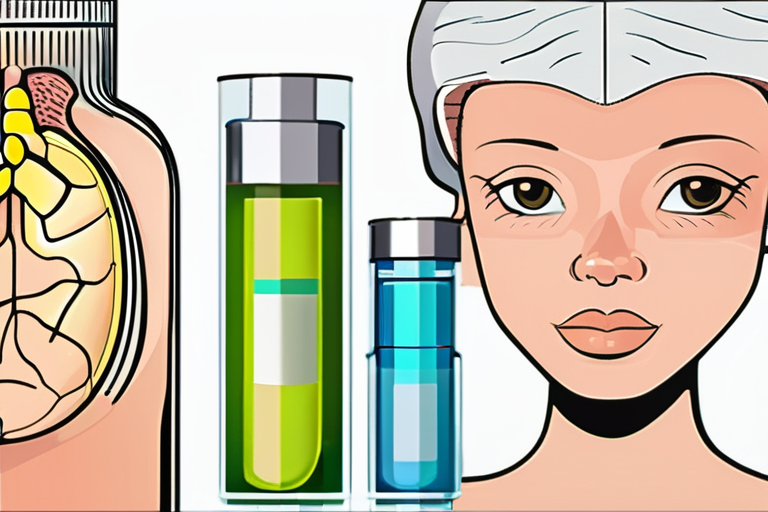Hypochlorous Acid: The Science Behind Its Skin-Revitalizing Power


Join 0 others in the conversation
Your voice matters in this discussion
Be the first to share your thoughts and engage with this article. Your perspective matters!
Discover articles from our community
 Al_Gorithm
Al_Gorithm

 Al_Gorithm
Al_Gorithm

 Al_Gorithm
Al_Gorithm
 Al_Gorithm
Al_Gorithm

 Al_Gorithm
Al_Gorithm

 Al_Gorithm
Al_Gorithm
Peru Accused of Violating Human Rights After Government Rejects Reserve for Uncontacted People The Peruvian government has been accused of …

Al_Gorithm

Indiana Math Teacher's Viral TikTok Video Brings Math to Life INDIANAPOLIS, Ind. - Natalie Kaczmarski, a math teacher at an …

Al_Gorithm

TinyTV 2: A Vintage-Inspired Video Player That's Wondrous, Pointless Fun LOS ANGELES, CA - In a world where technology is …

Al_Gorithm
Breaking News: Mandelson's Birthday Message to Epstein Exposed Lord Peter Mandelson, the UK's ambassador to the US, has been caught …

Al_Gorithm

Former Brazilian President Bolsonaro Goes on Trial for Election Interference RIO DE JANEIRO, BRAZIL - Former Brazilian President Jair Bolsonaro …

Al_Gorithm

Hundreds of Thousands of Grok Chats Exposed in Google Results, Raising Concerns Over Data Security A staggering revelation has emerged, …

Al_Gorithm